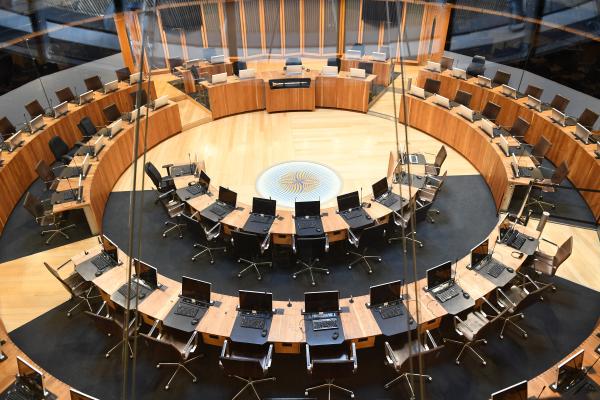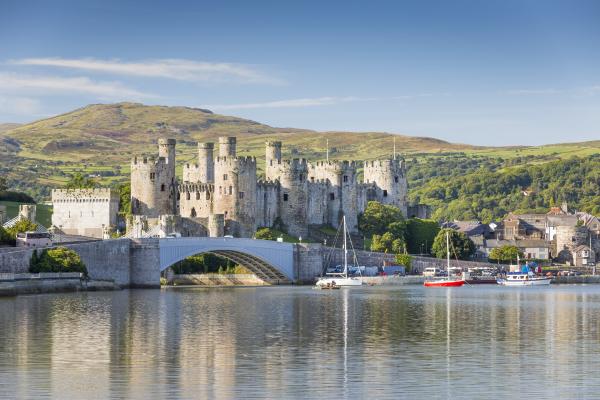Local government
The core of the law relating to local government in Wales is found in primary legislation (or 'statutes') made by either the UK Parliament or Senedd Cymru. The principal statutes setting out the structure and main functions of local government in Wales are available below by visiting the key legislation page.
In legislation relating to Wales, the term 'local authority' can mean a county council, a county borough council or a community council. The term is sometimes otherwise defined and may include other authorities such as National Park Authorities and Fire and Rescue Authorities. It may also include Police and Crime Commissioners for police areas in Wales. It is therefore important to establish the meaning of the term as it applies to a particular provision.
The framework for local government in Wales is the Local Government Act 1972 (LGA 1972). This Act has been substantially amended since its enactment including, significantly, by the Local Government (Wales) Act 1994 which established the current system of principal local authorities. The Welsh Ministers now exercise the vast majority of the executive functions under LGA 1972 in relation to Wales.
There are two tiers of local government in Wales. There are 22 'principal' local government areas each of which has a locally elected council with powers and duties conferred or imposed by various statutes. The 22 areas are further divided into community areas for which there may be a community council. There are currently over 730 community councils in Wales.
Councils for principal areas provide services such as education, social care, housing, planning, refuse and recycling, the setting and collection of council tax and the collection of non-domestic rates. Principal councils also act in the capacity of the local education authority, social services authority, licensing authority and planning authority.
The functions of community councils are set out in LGA 1972 and in other legislation.
Members of principal councils and community councils are subject to the standards of conduct provided for under the Local Government Act 2000 (provisions that also apply to the members of Fire and Rescue Authorities and National Park Authorities in Wales).
A local authority must act in a way that is compatible with rights guaranteed by the European Convention for the Protection of Human Rights and Fundamental Freedoms and incorporated into UK law by the Human Rights Act 1998. Decisions made by local authorities in the exercise of their public functions are amenable to judicial review although in some cases a particular appeal mechanism is provided for by statute.
Although the organisation of local government is not directly affected by European Union law, EU law may impact on how local authorities exercise their functions in certain areas such as public procurement, planning and employment.
The Welsh Ministers have a general supervisory role in relation to local government in Wales and determine and fund the majority of the annual revenue and capital settlements for local government. Under the Government of Wales Act 2006 ("GoWA 2006") the Welsh Ministers must make a scheme setting out how they propose, in the exercise of their functions, to “sustain and promote local government in Wales”.
The Welsh Ministers must also establish and maintain a body known as the Partnership Council for Wales, the members of which include the Welsh Ministers and members of local authorities. The Partnership Council may give advice and make representations to the Welsh Ministers about matters relating to local government and the Welsh Ministers must take the representations and advice into account when preparing their local government scheme.
The Local Democracy and Boundary Commission for Wales is the body that keeps under review all local government areas in Wales.




